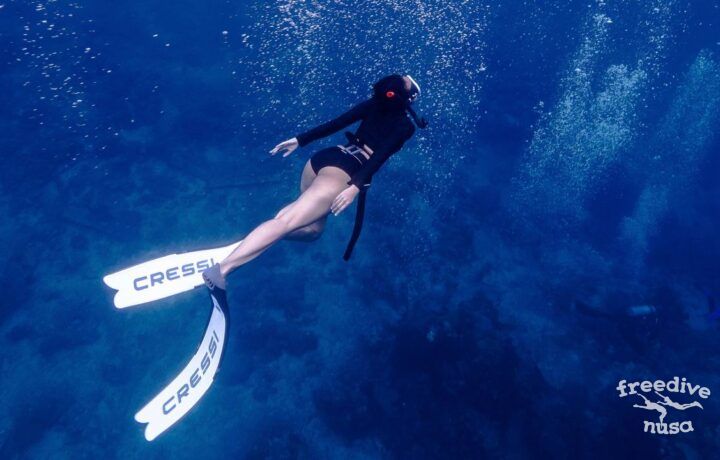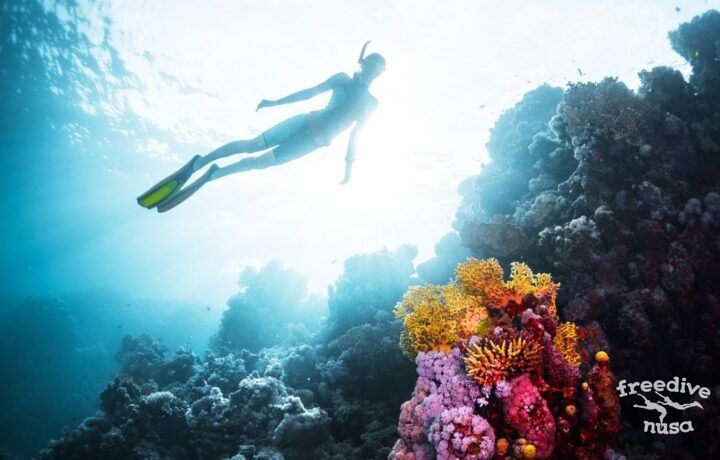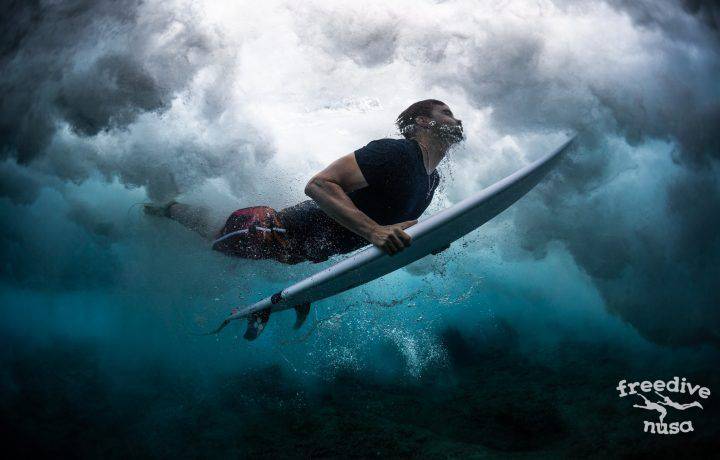The ocean offers endless possibilities for exploration, and two of the most captivating ways to experience its depths are freediving and scuba diving. But which one is right for you? While both allow you to immerse yourself in the underwater world, they cater to different preferences, skills, and goals.
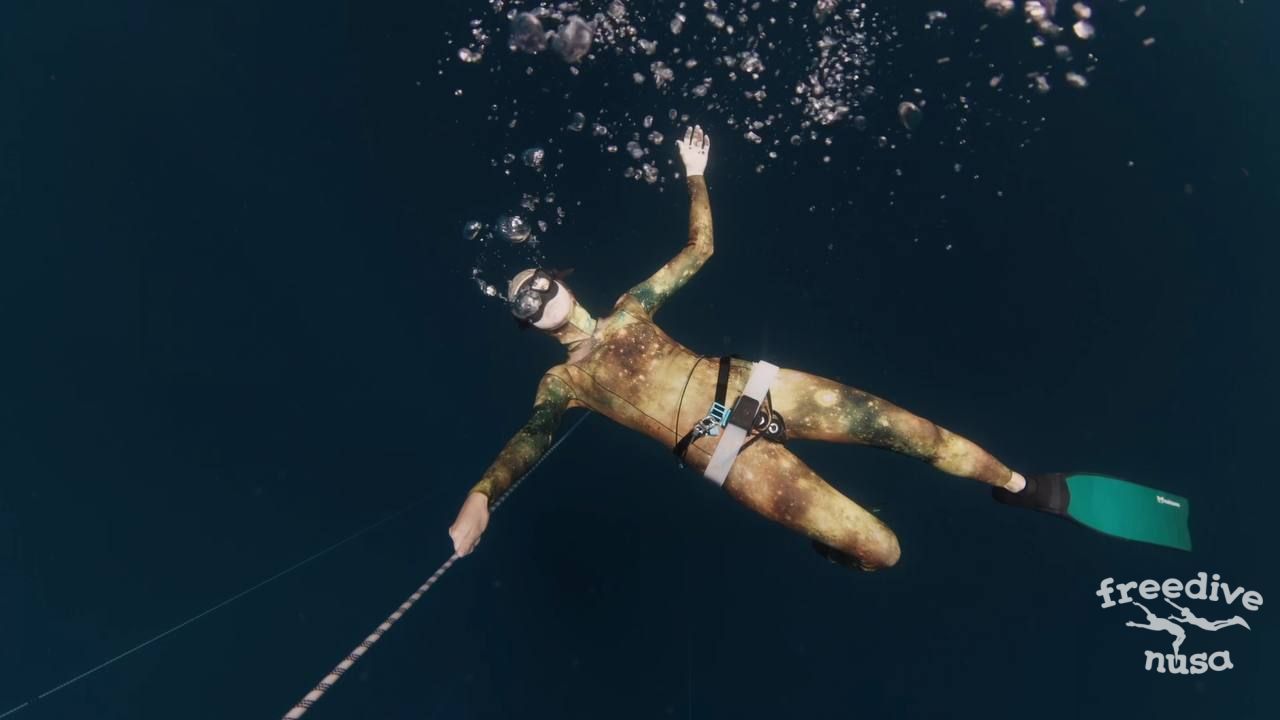
The Core Differences: Philosophy and Physicality
At their heart, freediving and scuba diving represent contrasting approaches to underwater exploration. Scuba diving is a gear-intensive activity where mastery of equipment and technique takes center stage. Physical fitness matters, but unless you venture into technical diving, mental and physical conditioning play a secondary role.
Freediving, on the other hand, strips away the reliance on external air supply, placing greater emphasis on breath control, mental discipline, and physical endurance. It’s a sport where peak performance often aligns with youth and athleticism: most freedivers hit their prime between their 20s and 40s. While experience and knowledge remain valuable, the body’s natural decline with age means a 65-year-old freediver won’t match the depth or breath-holding capabilities of their younger self.
Another key distinction is the competitive element. Freediving naturally invites personal challenges: how deep can you go? How long can you hold your breath? Scuba diving, in contrast, follows strict safety limits, making it more about leisurely exploration than pushing boundaries.
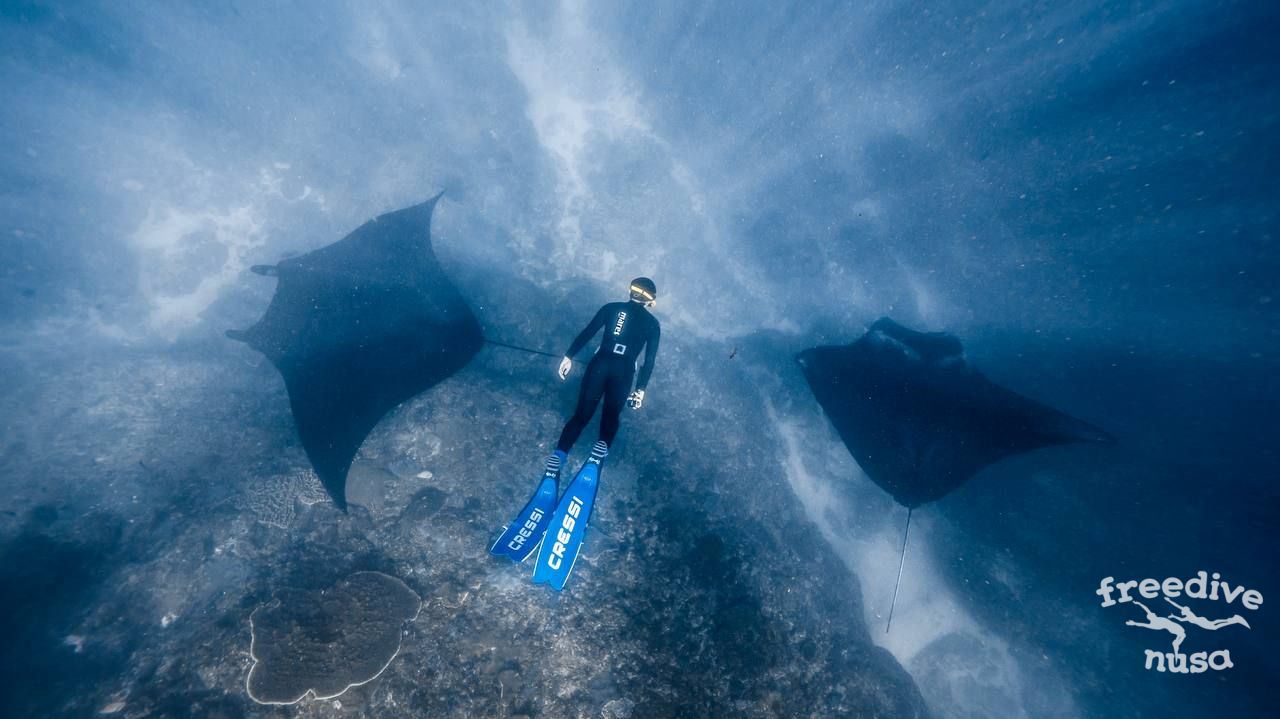
Training and Certification: Depth vs. Breadth
When it comes to learning, scuba diving offers a more structured and varied path. Agencies like PADI, SSI, and RAID provide extensive training programs, from beginner Open Water certifications to advanced specialties like wreck diving, deep diving, and technical courses involving mixed gases. The sheer number of available courses means scuba divers can continually expand their skills.
Freediving training, while rigorous, is more streamlined. Organizations like AIDA and Molchanovs typically offer three to four core levels, with fewer specialized courses. Despite having fewer options for courses, there is an endless potential for mastering your skills and practicing in the water. Freediving training is much more than just courses. You can always take coaching or training sessions with an instructor to work on your goals. In SCUBA such a definition as training session doesn’t really exist.
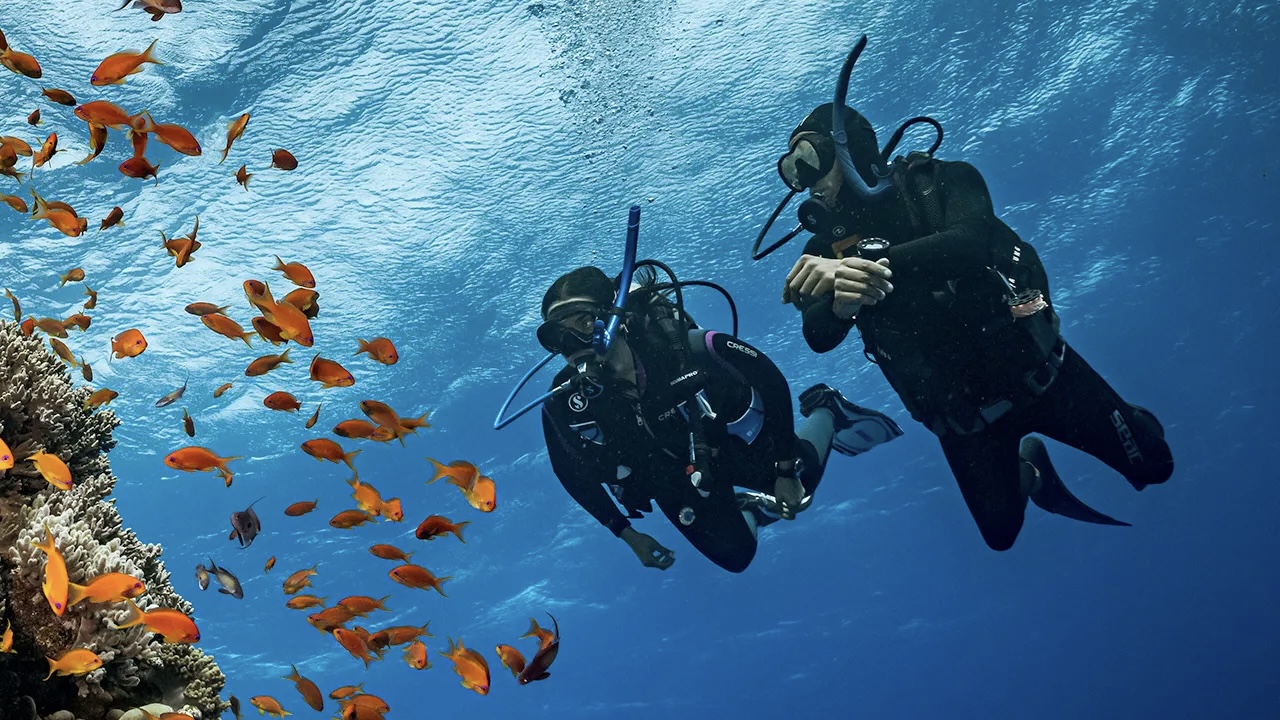
Gear: Minimalism vs. Complexity
One of the most noticeable differences lies in equipment. Freediving requires only a mask, fins, a wetsuit, and weights – minimalist and cost-effective. Scuba diving equipment, however, includes buoyancy control devices (BCDs), regulators, tanks, and additional accessories, making it a pricier and more gear-heavy pursuit.
Even shared gear, like fins and wetsuits, has evolved differently for each discipline. Freediving fins are long and rigid, built for powerful propulsion, while scuba fins are shorter and more flexible, optimized for maneuverability. Similarly, freediving wetsuits prioritize warmth during extended surface intervals, whereas scuba suits focus on insulation during shorter, deeper dives.
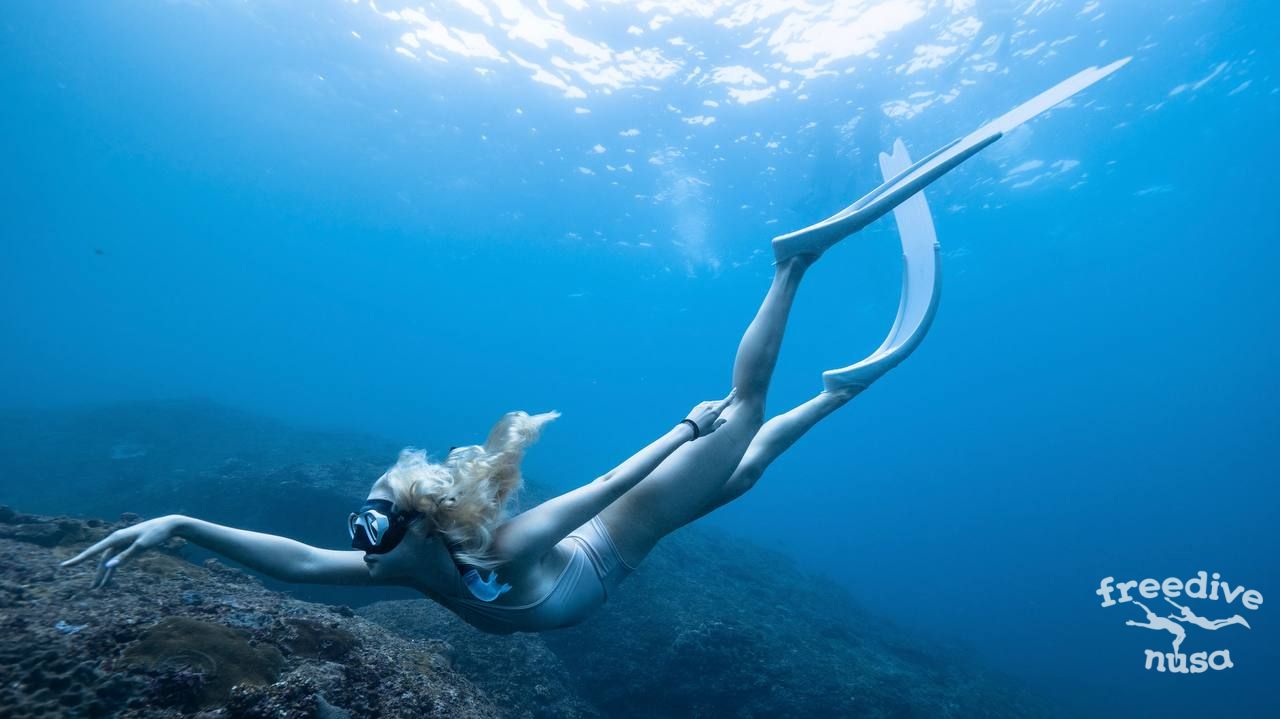
Dive Sites and Experiences: Where Each Shines
Both freediving and scuba diving can be enjoyed at most dive sites worldwide, but some locations cater better to one over the other. Freedivers seeking depth and calm waters flock to iconic spots. Some freediving disciplines, like static and dynamic apnea, are practiced in pools.
Scuba diving, however, unlocks access to deeper wrecks, caves, and reefs beyond freediving’s reach. The ability to stay submerged for extended periods with a tank allows for more thorough exploration, making it ideal for those who want to leisurely observe marine life or investigate underwater structures.
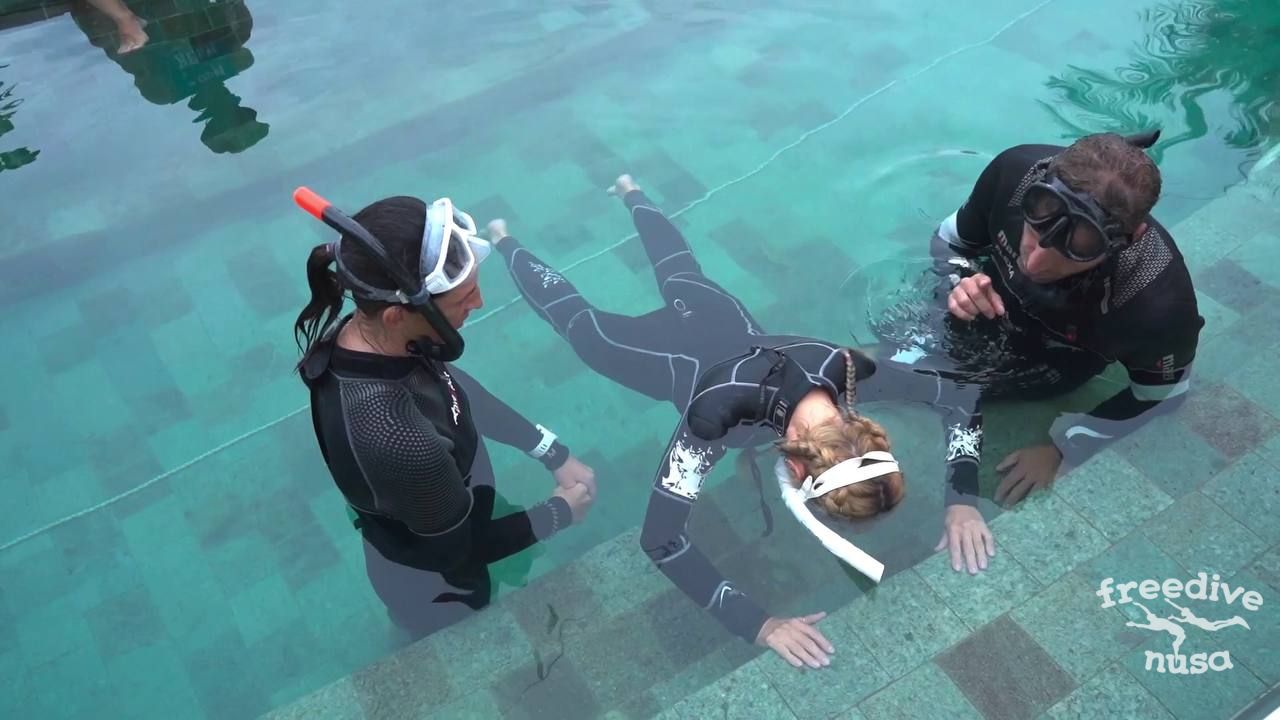
Which One Should You Choose?
The answer depends on your goals:
Choose freediving if you seek a physically demanding, meditative, or competitive experience. It’s perfect for those who enjoy pushing personal limits, spearfishing, or the simplicity of diving with minimal gear.
Choose scuba diving if you prefer relaxed exploration, longer bottom times, and the ability to delve into deep wrecks and reefs without breath-holding constraints.
But why limit yourself? Many ocean enthusiasts embrace both, using scuba for deep exploration and freediving for shallow, intimate encounters with marine life.
In the end, the real winner isn’t freediving or scuba diving, but the ocean itself. Whichever path you take, the underwater world awaits.

